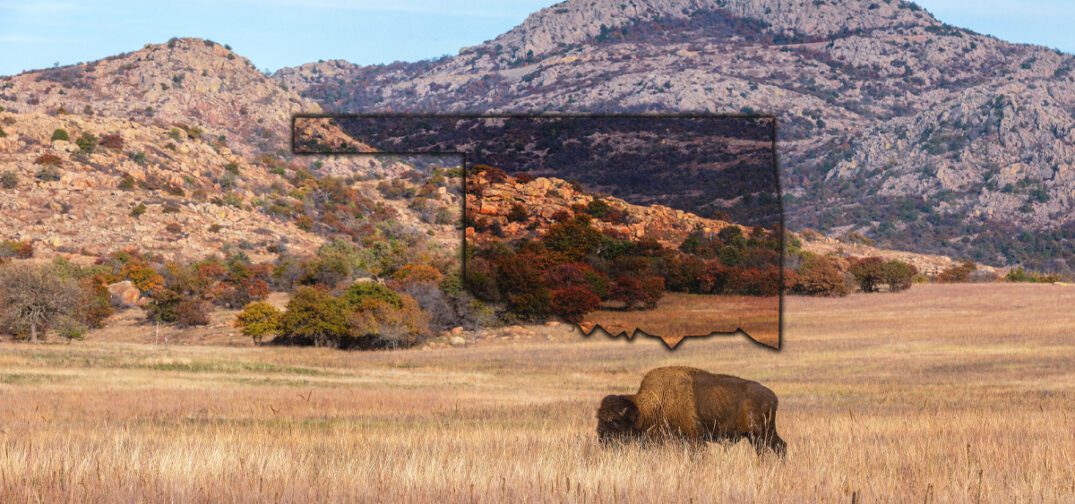Oklahoma voters on Tuesday rejected a ballot measure to legalize adult-use cannabis by a 63%-38% margin, the Associated Press reports. The proposal had faced opposition from faith leaders, law enforcement, and prosecutors.
In a statement, Brian Vicente, founding partner at cannabis law firm Vicente LLP and a member of the steering committee of the 820 campaign, said organizers “knew from the beginning” the initiative “would be an uphill battle” coming during a March special election with no other issues on the ballot.
“The results still demonstrate there is significant support for legalizing and regulating cannabis for adult use, and we expect it to continue growing until a similar measure passes in the near future. Overcoming a century of anti-marijuana propaganda is no simple task, and there is still work to be done.” — Vicente in a statement
Legalization supporters spent more than $4.9 million on the campaign, while opponents spent $219,000, the report says.
Following Tuesday’s vote, Gov. Kevin Stitt (R) lauded the results and called Oklahoma “a law and order state.”
“I remain committed to protecting Oklahomans,” Stitt said, “and my administration will continue to hold bad actors accountable and crack down on illegal marijuana operations in our state.”
If passed, the measure would have allowed adults over the age of 21 to purchase and possess up to an ounce of cannabis, plus concentrates and infused products. A 15% excise tax would have been imposed on adult-use sales in addition to the state’s standard sales tax. The excise tax would have been used to help fund local municipalities, the court system, public schools, substance abuse treatment, and the state’s general revenue fund.
In a statement, Michelle Tilley, campaign director for Yes on 820, noted that nearly 400,000 Oklahomans hold medical cannabis cards.
“A two-tiered system, where one group of Oklahomans is free to use this product and the other is treated like criminals does not make logical sense,” she said.
Oklahoma has one of the nation’s most permissive medical cannabis systems and about 10% of the state’s population have a medical cannabis card.
Get daily cannabis business news updates. Subscribe
End
